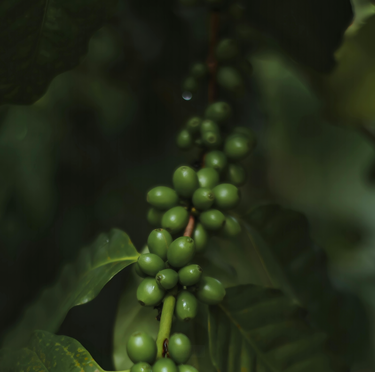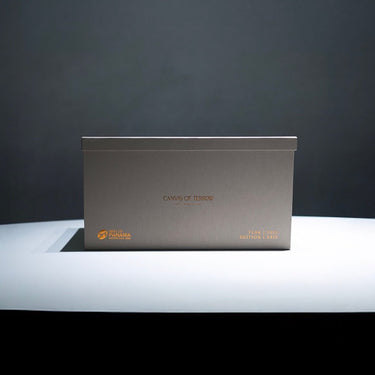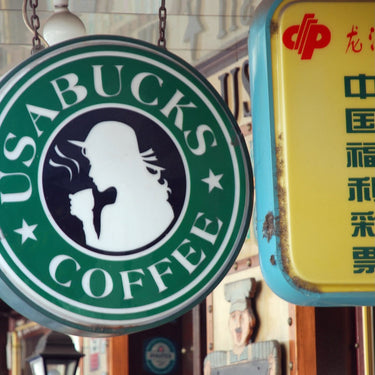If you find your coffee is tasting too bitter (undrinkable bitter) it’s most likely to be one of two things …
- How you are brewing (essentially you are over-extracting the coffee)
- The quality or roast level of the beans
So what happens when you over-extract coffee? The coffee and water spend too much time together, and the less delicious soluble compounds are extracted. This can also occur if you use too fine a grind. During the early stage of extraction the acids and oils transfer to the water, then the natural sugars, and finally the bitter compounds. Ideally, you want to achieve a balance of all 3 stages, but too much bitterness can leave you with a lingering unpleasant taste. If this happens, you can experiment with reducing your brew time.
Under-Extracted (Too Little)... 
Well Balance (Just Right)... 
Over Extracted (Too much)... 
Roasting & Bitterness
How does the roasting process contribute to bitter flavours?
Potential bitterness is inherently stored within the coffee bean, but the roasting process can add or accentuate this taste.
Light roasts will display the lowest levels of bitterness.
Medium roasting has a slight bitterness that is more than balanced by lots of sweetness.
Dark roasts have the most bitterness, but this should still be balanced - though it is often why people add milk or sugar to darker roasted coffees.
Grind Size:
Too fine a grind and the water is unable to pass through coffee grounds (think water flowing through a bag of flour), meaning more flavour is extracted and the coffee will take longer to brew.
On the opposite side of this if your coffee is too coarse (think water flowing through pebbles) the water passes through the coffee too quickly resulting in under-extracted coffee (weak & lacking flavour) which will brew too quickly.
Brew Time:
There is a sweet spot when brewing where coffee tastes balanced and just right. But if you pass it, that's where the extra bitter flavours come from.
With a cafetière maybe you waited too long to press down the filter or you ground the coffee too fine. Or your first coffee is spot on but if you leave the coffee brewing the second cup will taste bitter (over extracted). With a pour-over or filter method, maybe your grounds are so fine that the water took too long to drain (extending the brew time beyond that sweet spot).
Water:
The ideal water for brewing coffee is soft water (filtered) at no more than 94 degrees. To achieve this you can lift the lid of your kettle after boiling and leave it for 30 seconds to cool.
If the water is too hot it is more likely to over-extract all the bitter flavours quicker than water at a lower temperature.
An experiment to try at home:
Try these items on your tongue and see what you experience?
Bitter - Lemon peel, you should experience a lingering stimulation on the back of your tongue. It might be experienced as dryness, or harshness if it’s unpleasant.
Sour - Lemon juice, this will likely stimulate the sour sensors on the side of your tongue. Your mouth might water, and you might experience a tingling or sparkling sensation.
Sweet - Sugar cube this will stimulate the middle of the tongue. It will feel like a coating pleasant sensation.

It's a myth that different sections of the tongue experience sweet, sour, salty, bitter and savoury, however the sides of the tongue are more sensitive than the middle overall.
It's worth noting - the back of the tongue is very sensitive to bitter tastes. This is apparently to protect us so that we can spit out poisonous or spoiled foods or substances before they are swallowed.
Summary
Bitterness is only bad if it not balanced by sweetness and acidity (sourness). Or if you personally feel like it is too overpowering.
It is easily mistaken for acidity in coffee tasting, as the stimulated parts of the tongue are very close to each other, and both can be jarring or unpleasant sensations on the palette.
If you diagnose your coffee as too bitter tasting - you can either experiment with medium or lighter roasted coffees OR explore what under and over-extraction tastes like so you can troubleshoot your brew if it’s not quite on point. You can then alter the grind, size, steep time or dose accordingly to get the desired flavour, for consistency only change one thing at a time!
Happy Brewing!






